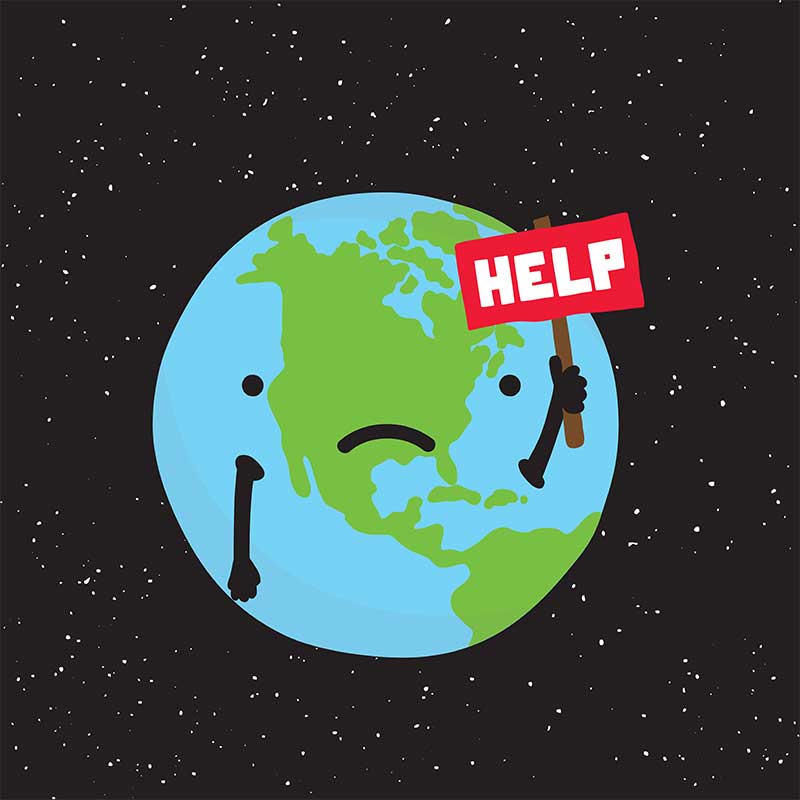Today is Earth Day.
I am not a big fan of Earth Day. Why? Because while there are 8,760 hours every year that the earth keeps us alive and makes all life on this planet possible, Earth Day comes just once a year and lasts just twenty-four hours.
As I say on the About Me page, “Saving the planet requires making that goal a daily habit, not deceiving ourselves into believing that infrequent acts of planetary goodwill can do the trick.” In short, Earth Day should be every day. Many people say “I’m doing my part. I recycle.” But recycling doesn’t exculpate. There is so much more we need to be doing.
As an article that appeared in Newsday a couple of years ago (Bettina Boxall [Los Angeles Times] “Damaging changes to Earth, group says,” June 10, 2012, p. A30) stated, “human influence on the planet has become so pervasive that some scientists have argued in recent years that Earth has entered a new geologic epoch, the Anthropocene.” That same article provided information about a paper that was published in the June 8, 2012 edition of the journal Nature, in which researchers from a variety of fields paint a not-so-pretty picture concerning what man is doing to the planet. Here is something it’s lead author, Anthony Barnosky, a professor of integrative biology at the University of California, Berkeley, stated in an interview (according to the article):
The net effects of what we are causing could actually be equivalent to an asteroid striking the Earth in a worst-case scenario. I don’t want to sound like Armageddon. I think the point to be made is that if we just ignore all the warning signs of how we’re changing the Earth, the scenario of losses of biodiversity — 75 percent or more — is not an outlandish scenario at all.”
The article also states that by the middle of this century, we “could have altered more than half the world’s land surface.” Mikael Fortelius, a professor of evolutionary paleontology at the University of Helsinki in Finland and one of the paper’s authors, states that he is not “particularly optimistic,” and says “I think we had to speak up. We have to say what we see. Whether it will have any impact, I really don’t know.”

